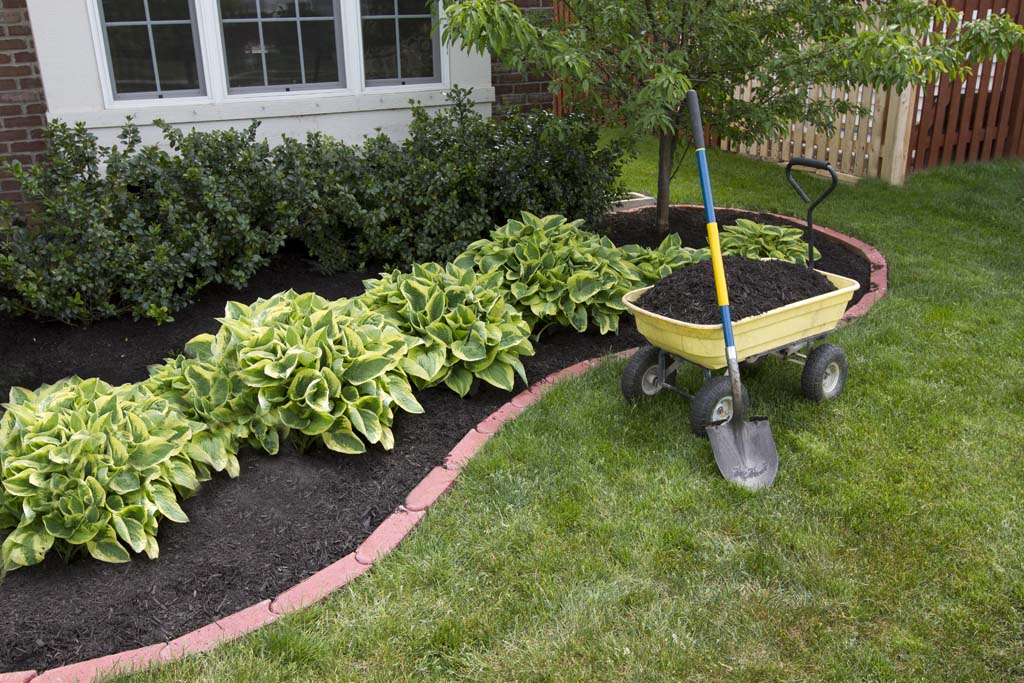Permeable surfaces play a crucial role in sustainable garden design, offering effective solutions for managing stormwater runoff and supporting environmental health. In Nuneaton, landscaping gardeners are increasingly incorporating permeable surfaces into their designs to promote sustainability and enhance the functionality of outdoor spaces.
Permeable surfaces allow water to pass through and be absorbed into the ground, reducing the amount of runoff that can contribute to flooding and erosion. This is particularly important in urban and suburban areas where traditional impermeable surfaces, such as asphalt and concrete, can lead to increased runoff and strain on drainage systems. By incorporating permeable surfaces into garden design, Nuneaton’s landscape gardeners help to manage stormwater more effectively and reduce the environmental impact of impermeable materials.
One common type of permeable surface used in garden design is permeable paving. This material includes options such as porous concrete, permeable asphalt, and interlocking pavers with gaps that allow water to flow through. Nuneaton’s landscape gardeners use these materials for driveways, pathways, and patios, creating attractive and functional surfaces that contribute to sustainable water management. Permeable paving helps to reduce the risk of surface flooding and minimizes the need for additional drainage infrastructure.
Another innovative permeable surface is the use of gravel or crushed stone. These materials provide an aesthetically pleasing and functional alternative to traditional paving. Gravel and crushed stone allow water to seep through and be absorbed by the underlying soil, reducing runoff and promoting natural infiltration. Nuneaton’s landscape gardeners often use these materials in combination with other design elements, such as edging and planting, to create visually appealing and sustainable outdoor spaces.
Green roofs and living roofs are also examples of permeable surfaces that contribute to sustainable garden design. These systems involve the installation of vegetation on building rooftops, providing a layer of greenery that absorbs rainwater and reduces runoff. Green roofs offer additional benefits, including improved insulation, reduced urban heat island effects, and enhanced air quality. Nuneaton’s landscape gardeners are incorporating green roofs into their designs to create eco-friendly and visually striking features that support environmental sustainability.
Rain gardens are another effective method for managing stormwater runoff. These specially designed garden areas use native plants and soil systems to capture and filter rainwater, allowing it to slowly infiltrate the ground. Rain gardens help to reduce the volume of runoff entering storm drains and support local ecosystems by providing habitat for wildlife. Landscape gardeners in Nuneaton design rain gardens to integrate seamlessly with other garden features, enhancing both functionality and aesthetics.
Incorporating permeable surfaces into garden design also aligns with broader sustainability goals, such as reducing the environmental impact of gardening practices and promoting responsible land use. Nuneaton’s landscape gardeners are committed to using eco-friendly materials and techniques that support long-term environmental health. By integrating permeable surfaces into their designs, they contribute to the creation of sustainable and resilient outdoor spaces that benefit both homeowners and the community.
In summary, permeable surfaces play a vital role in sustainable garden design in Nuneaton, offering solutions for managing stormwater runoff, enhancing environmental health, and supporting aesthetic goals. By using materials such as permeable paving, gravel, green roofs, and rain gardens, landscape gardeners create functional and eco-friendly outdoor spaces that contribute to the overall sustainability of garden design.
